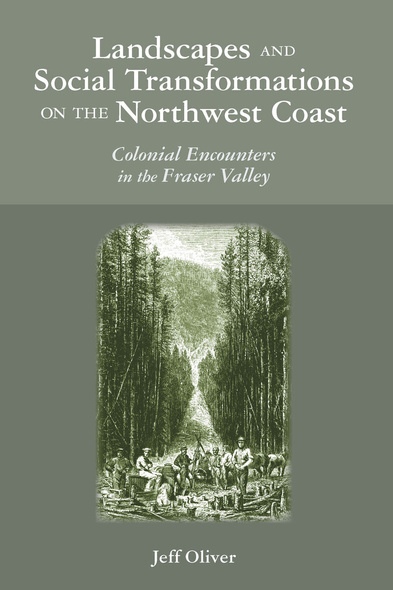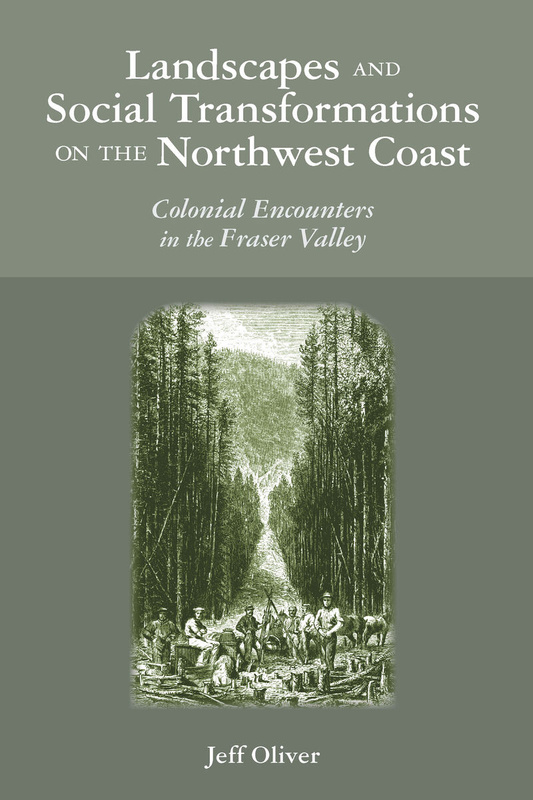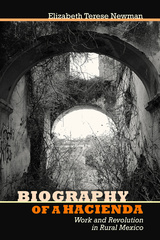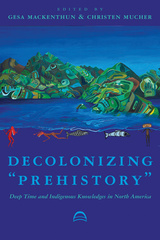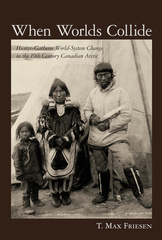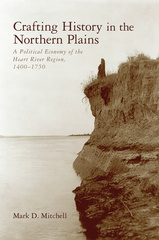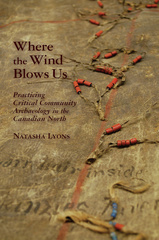Our shopping cart is currently down. To place an order, please contact our distributor, UTP Distribution, directly at utpbooks@utpress.utoronto.ca.
Landscapes and Social Transformations on the Northwest Coast
Colonial Encounters in the Fraser Valley
By Jeff Oliver
The University of Arizona Press
The Fraser Valley in British Columbia has been viewed historically as a typical setting of Indigenous-white interaction. Jeff Oliver now reexamines the social history of this region from pre-contact to the violent upheavals of nineteenth and early twentieth century colonialism to argue that the dominant discourses of progress and colonialism often mask the real social and physical process of change that occurred here—change that can be more meaningfully tied to transformations in the land.
The Fraser Valley has long been a scene of natural resource appropriation—furs and fish, timber and agriculture—with settlement patterns and land claims centering on the use of these materials. Oliver demonstrates how social change and cultural understanding are tied to the way that people use and remake the landscape. Drawing on ethnographic texts, archaeological evidence, cartography, and historical writing, he has created a deep history of the valley that enables us to view how human entanglements with landscape were creative of a variety of contentious issues. By capturing the multiple dynamics that were operating in the past, Oliver shows us not only how landscape transformations were implicated in constructing different perceptions of place but also how such changes influenced peoples’ understanding of history and identity.
This groundbreaking work examines engagement between people and the environment across a variety of themes, from aboriginal appropriation of nature to colonists’ reworking of physical and conceptual geographies, demonstrating the consequences of these interactions as they permeated various social and cultural spheres. It offers a new lens for viewing a region as it provides fresh insight into such topics as landscape change, perceptions of place, and Indigenous-white relations.
The Fraser Valley has long been a scene of natural resource appropriation—furs and fish, timber and agriculture—with settlement patterns and land claims centering on the use of these materials. Oliver demonstrates how social change and cultural understanding are tied to the way that people use and remake the landscape. Drawing on ethnographic texts, archaeological evidence, cartography, and historical writing, he has created a deep history of the valley that enables us to view how human entanglements with landscape were creative of a variety of contentious issues. By capturing the multiple dynamics that were operating in the past, Oliver shows us not only how landscape transformations were implicated in constructing different perceptions of place but also how such changes influenced peoples’ understanding of history and identity.
This groundbreaking work examines engagement between people and the environment across a variety of themes, from aboriginal appropriation of nature to colonists’ reworking of physical and conceptual geographies, demonstrating the consequences of these interactions as they permeated various social and cultural spheres. It offers a new lens for viewing a region as it provides fresh insight into such topics as landscape change, perceptions of place, and Indigenous-white relations.
‘This book is well grounded theoretically and provides a nuanced view of social constructions of the landscape, from everyday traversing and working of the land to mythic and diagrammatic constructions and legal and verbal discourses.’ —Crisca Bierwert, author of Brushed by Cedar, Living by the River: Coast Salish Figures of Power
‘Landscapes and Social Transformations is a highly intelligent and important monograph deserving of much praise. Oliver possesses the rare gifts of eloquence and economy of words, which enable him to produce, for all its conceptual complexity and temporal coverage, a book of just over 200 pages of text. More impressive, however, is the thoughtful and deft manner with which he takes the familiar tropes and more recent revisionist nuances of colonial history and complicates them with his ground level engagement with the Fraser Valley.’—BC Studies
‘Oliver’s approach to historical scholarship -- one that highlights the ambiguity of colonial relationships – is valuable in advancing how scholars understand and produce colonial discourse. His ability to integrate disciplinary and temporally diverse publications on natural resources and cultural knowledge about the Fraser Valley results in solid scholarship and provides compelling data to advance his theoretical positions.’—Arizona Anthropologist
‘Since the days of Franz Boas, the Northwest Coast has been on the cutting edge of colonial knowledge of Indigenous peoples and places—for better and for worse. Written in a very different time, Oliver’s book nonetheless continues that trend while demonstrating respect for Stó:lo presence in territory, a good awareness of the legacies of colonialism, and an incisive grasp of diverse scholarly practices. As such, it is a model for scholarly environmental history that takes Indigenous history seriously.’—Environmental History
‘Oliver’s text provides a refreshing and well-grounded perspective on the complex nature of First Nations and European settler relations in the late 18th through the early 20th centuries. This book will be of considerable interest and use to archaeologists, anthropologists, historians, and others interested in the history of the Fraser Valley, British Columbia, the greater Northwest region, or contexts of colonialism and encounter more generally.’—Canadian Journal of Archaeology
‘Landscapes and Social Transformations on the Northwest Coast, [is] a generously textured account of indigenous and colonial relationships, intercultural exchange, and settlement in coastal British Columbia.’—Ethnohistory
‘This clever book defies disciplinary classification, engaging history, archaeology, geography, Native, and environmental studies. It is a thoughtful and useful contribution to the wider post-colonial literature and our understanding of an important region.’—Pacific Historical Review
‘His deceptively simple arguments neither praise nor vilify the historical participants he identifies. Ultimately he succeeds in providing an ambiguous and messy picture.’—Pacific Northwest Quarterly
‘In what is the text’s most elegant content, Oliver works at multiple scales, draws upon diverse archives and materials, and navigates different historical periods to expand understandings about the Fraser Valley.’—Journal of Historical Geography
Jeff Oliver is a lecturer in archaeology at the University of Aberdeen in Scotland.
Foreword, by Liam Frink and Aubrey Cannon
Acknowledgments
A Note on Orthography
1. Introduction
2. Setting the Scene
3. Constructing an Aboriginal Landscape
4. Beyond the Water’s Edge
5. Between Stories and the Landscape
6. Ambiguity and Geographic Truths
7. Toward the Colonization of Opinion
8. The Paradox of Progress
9. Ties that Bind, Lines that Divide
10. A View from the Ground
Notes
Bibliography
Index

